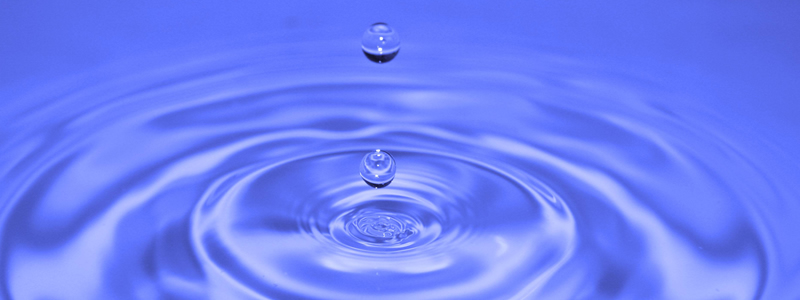
Why does polyacrylamide lump ?
[Why does polyacrylamide lump?]
Every product has its shelf life, and there is no exception for polyacrylamide. Once the product expires, it may cause lumps and the viscosity may decrease at the same time. What is more, polyacrylamide is also easily to get lumps in a humid environment. In addition to above aspects, it is also affected by other factors.
1.Lumps may form due to improper operation, very fast dissolution, uneven dosing and over-dose. Polyacrylamide is a linear and high molecular weight polymer, normally there are dry powder and emulsion form. According to its molecular weight, it can be divided into low, medium and high molecular weight products. According to its charge properties, it can be divided into non-ionic, anionic and cationic products.
2.It is also affected by the temperature of the water used for dissolving the products and the cleanliness of water. for example ,if the water contains more suspends, it may cause the lumps.
3.Uneven stirring will cause dead corners in the dissolution tank.
4.Poor quality of the products or impurities in the products will also cause lumps.
[How to avoid polyacrylamide lump? ]
It is recommended to store the polyacrylamide product in a ventilated and dry place to prevent the product from contacting moisture. And the Optimal ratio between polyacrylamide and the water is 1:1000. when dissolving, stir the water first, then add the product slowly and evenly into the water, keep stirring the mixture while adding to avoid lumping. It always takes 6-8 hours for Manual stirring , and less than 40 minutes for mechanical stirring. If possible, it is best to dissolve in warm water.
In addition to the above measures, it is important to store polyacrylamide under proper conditions, and tighten the bag after use. Product lumping is affected by many factors, which could not be simply judged that it must be a quality problem.
Keywords:polyacrylamide, PAM
Please contact us: TIAN@CHEM.NET for more details.
 Previous
Previous  Next
Next Get answers and advice from people you want it from.